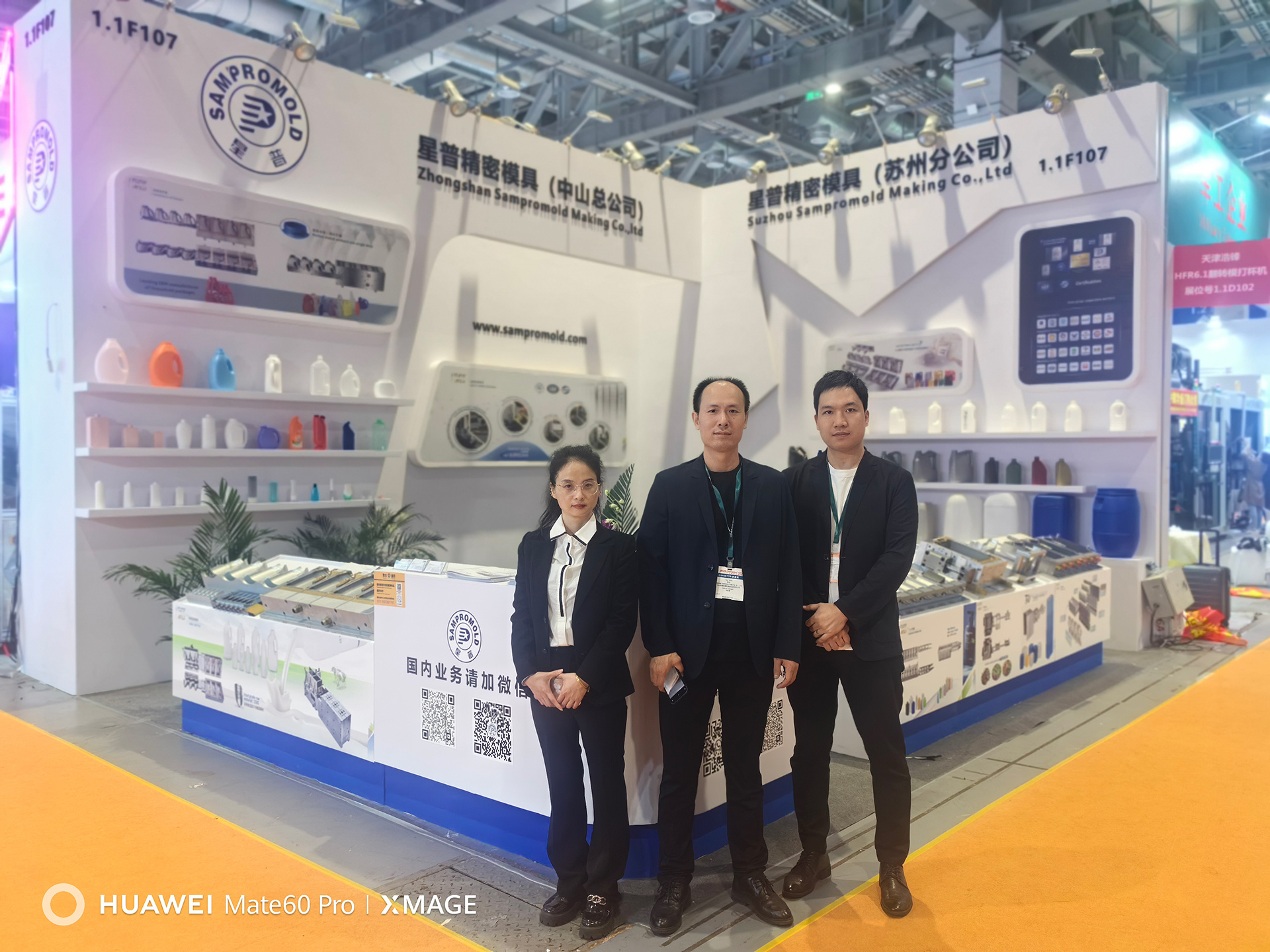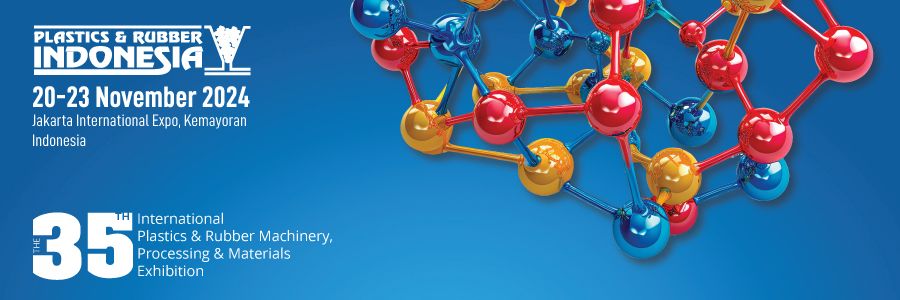Unlocking the Secrets of Famous Polypropylene Molds in Manufacturing
Time:
2025-06-14
Unlocking the Secrets of Famous Polypropylene Molds in Manufacturing
Table of Contents
- 1. Introduction to Polypropylene Molds
- 2. What is Polypropylene?
- 3. Importance of Polypropylene Molds in Manufacturing
- 4. Famous Polypropylene Molds and Their Applications
- 4.1 Polypropylene Molds in the Automotive Industry
- 4.2 Polypropylene Molds in Consumer Goods
- 4.3 Polypropylene Molds in Medical Devices
- 5. The Manufacturing Process of Polypropylene Molds
- 6. Advantages of Using Polypropylene Molds
- 7. Trends and Innovations in Polypropylene Molding
- 8. The Future of Polypropylene Molds in Manufacturing
- 9. FAQs about Polypropylene Molds
- 10. Conclusion
1. Introduction to Polypropylene Molds
As we delve into the significance of **polypropylene molds** in the manufacturing sector, it's essential to recognize the pivotal role these molds play in producing a myriad of products. Polypropylene, a thermoplastic polymer, is lauded for its versatility, durability, and cost-effectiveness, making it a favored choice among manufacturers worldwide. This article aims to illuminate the craftsmanship behind famous polypropylene molds, highlighting their applications, advantages, and the future of their use in manufacturing.
2. What is Polypropylene?
Polypropylene (PP) is a **thermoplastic polymer** commonly used in a wide range of applications due to its excellent chemical resistance, low density, and high melting point. The material is derived from the polymerization of propylene monomers and is known for its strength and durability. Its lightweight nature makes it ideal for various manufacturing processes, particularly **molding**, where it can be transformed into intricate shapes and structures.
3. Importance of Polypropylene Molds in Manufacturing
The importance of polypropylene molds in the manufacturing landscape cannot be overstated. These molds provide a reliable and efficient means of producing high-quality products with precision. Industries benefit significantly from **polypropylene molds** due to their:
- **Cost-effectiveness**: The affordability of polypropylene as a material contributes to lower production costs.
- **Durability**: Polypropylene molds are resistant to wear and tear, ensuring longevity in production lines.
- **Versatility**: They can be used to manufacture a wide range of products, from automotive parts to household items.
4. Famous Polypropylene Molds and Their Applications
Famous polypropylene molds have made significant impacts across various industries. Their applications showcase the versatility and adaptability of polypropylene as a material.
4.1 Polypropylene Molds in the Automotive Industry
The automotive industry heavily relies on polypropylene molds for producing components such as dashboards, bumpers, and interior panels. These molds allow for the creation of lightweight yet sturdy parts that enhance vehicle performance and fuel efficiency. The ability to produce complex geometries is crucial in automotive design, making polypropylene a preferred material.
4.2 Polypropylene Molds in Consumer Goods
In the realm of consumer goods, polypropylene molds are utilized to manufacture items such as storage containers, kitchen utensils, and furniture components. The aesthetic appeal and functionality of these products are enhanced through the use of high-quality polypropylene molds, ensuring that they meet consumer standards.
4.3 Polypropylene Molds in Medical Devices
The medical industry benefits from polypropylene molds in the production of devices like syringes, surgical trays, and other disposable items. The biocompatibility and sterilization capabilities of polypropylene make it an ideal choice for medical applications, where safety and cleanliness are paramount.
5. The Manufacturing Process of Polypropylene Molds
Understanding the **manufacturing process** of polypropylene molds is crucial for appreciating their quality and efficiency. The process typically involves several key steps:
1. **Material Selection**: The appropriate grade of polypropylene is chosen based on the desired properties of the final product.
2. **Mold Design and Fabrication**: Engineers design the mold using CAD software, and then the mold is fabricated from steel or aluminum using CNC machining techniques.
3. **Injection Molding**: The polypropylene pellets are heated until they melt and injected into the mold under high pressure. This step is critical for achieving the desired shape and quality.
4. **Cooling and Ejection**: After the molten polypropylene cools and solidifies, the mold opens, and the finished product is ejected.
5. **Finishing Touches**: Any necessary post-processing, such as trimming or surface treatment, is performed to ensure the product meets specifications.
6. Advantages of Using Polypropylene Molds
Using polypropylene molds offers numerous advantages that contribute to their popularity in various manufacturing sectors:
- **Lightweight Nature**: Polypropylene molds are significantly lighter than molds made from other materials, making them easier to handle and operate.
- **Chemical Resistance**: Polypropylene is resistant to various chemicals, making it suitable for products exposed to substances that might degrade other materials.
- **High Thermal Stability**: This material can withstand higher temperatures during the molding process, allowing for flexibility in manufacturing.
7. Trends and Innovations in Polypropylene Molding
The industry is constantly evolving, with new trends and innovations emerging in polypropylene molding. Some notable advancements include:
- **Sustainable Manufacturing Practices**: Manufacturers are increasingly adopting eco-friendly practices, focusing on recycling polypropylene waste and utilizing biobased polypropylene.
- **Advanced Molding Techniques**: Techniques such as multi-material injection molding and 3D printing are being explored to enhance product functionality and reduce material waste.
- **Smart Manufacturing**: The integration of IoT technology in manufacturing processes is enabling real-time monitoring and optimization of polypropylene mold production.
8. The Future of Polypropylene Molds in Manufacturing
The future of **polypropylene molds** appears bright, with ongoing research and development aimed at enhancing their properties and applications. As industries continue to seek lightweight, durable, and cost-effective solutions, the demand for polypropylene molds is expected to rise. Innovations in materials science, coupled with advancements in manufacturing technology, will likely lead to the creation of even more efficient and versatile molds.
9. FAQs about Polypropylene Molds
What makes polypropylene a preferred material for molds?
Polypropylene is favored for its lightweight nature, chemical resistance, and ability to withstand high temperatures, making it suitable for various applications.
How long do polypropylene molds last?
The lifespan of polypropylene molds can vary, but with proper maintenance, they can last for several years, depending on usage and wear factors.
Are polypropylene molds environmentally friendly?
Yes, polypropylene is recyclable, and many manufacturers are working towards sustainable practices by recycling mold waste and using biobased polypropylene.
What industries utilize polypropylene molds?
Polypropylene molds are widely used in sectors such as automotive, consumer goods, medical devices, and packaging.
Can polypropylene molds be customized?
Absolutely! Polypropylene molds can be designed and fabricated to meet specific requirements, allowing for customization in shape and size.
10. Conclusion
In conclusion, polypropylene molds are a cornerstone of modern manufacturing, providing efficient, durable, and cost-effective solutions across various industries. By understanding the significance, manufacturing processes, and future trends of these molds, manufacturers can leverage their advantages to enhance productivity and product quality. As we continue to innovate and evolve, polypropylene molds will undoubtedly remain at the forefront of manufacturing technology, unlocking new possibilities for the industry.
RELATED NEWS













